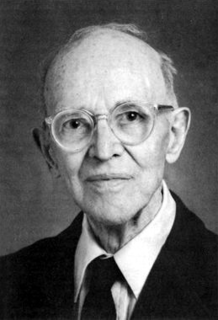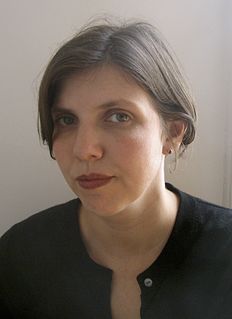A Quote by Chinua Achebe
We live in a sea of general ideas, so that's not a novel, since there are so many general ideas. But the moment a particular idea is linked to a character, it's like an engine moves it. Then you have a novel underway.
Related Quotes
a novel is not born of a single idea. The stories I've tried to write from one idea, no matter how terrific an idea, have sputtered out and died by chapter three. For me, novels have invariably come from a complex of ideas that in the beginning seemed to bear no relation to each other, but in the unconscious began mysteriously to merge and grow. Ideas for a novel are like the strong guy lines of a spider web. Without them the silken web cannot be spun.
Speculative Philosophy is the endeavour to frame a coherent, logical, necessary system of general ideas in terms of which every element of our experience can be interpreted. By this notion of 'interpretation' I mean that everything of which we are conscious, as enjoyed, perceived, willed, or thought, shall have the character of a particular instance of the general scheme.
There is a great difference, whether the poet seeks the particular for the sake of the general or sees the general in the particular. From the former procedure there ensues allegory, in which the particular serves only as illustration, as example of the general. The latter procedure, however, is genuinely the nature of poetry; it expresses something particular, without thinking of the general or pointing to it.
But to be perfectly frank, this childish idea that the author of a novel has some special insight into the characters in the novel ... it's ridiculous. That novel was composed of scratches on a page, dear. The characters inhabiting it have no life outside of those scratches. What happened to them? They all ceased to exist the moment the novel ended.
I was a teenager when General Zia took power in the Pakistan; I was in my twenties when I went there during the late 1980s and I saw then not only the novel punishments that he was introducing - because they were novel, and this is again something that's very important to understand, it's only in the last thirty, forty years, since 1979 in fact, that these penalties have been revived anywhere in the world apart from Saudi Arabia.
Ideas are dangerous, but the man to whom they are least dangerous is the man of ideas. He is acquainted with ideas, and moves among them like a lion-tamer. Ideas are dangerous, but the man to whom they are most dangerous is the man of no ideas. The man of no ideas will find the first idea fly to his head like wine to the head of a teetotaller.
I don't think any particular painters have inspired me, except in a general sense. It was more a matter of corroboration. The visual arts, from Manet onwards, seemed far more open to change and experiment than the novel, though that's only partly the fault of the writers. There's something about the novel that resists innovation.
Now you mustn't think that I don't have any ideas for novels in my head. I've got ideas for ten novels in my head. But with every idea I have, I already foresee the wrong novels I would write, because I also have critical ideas in my head; I've got a full theory of the perfect novel, and that's what stumps me.





































